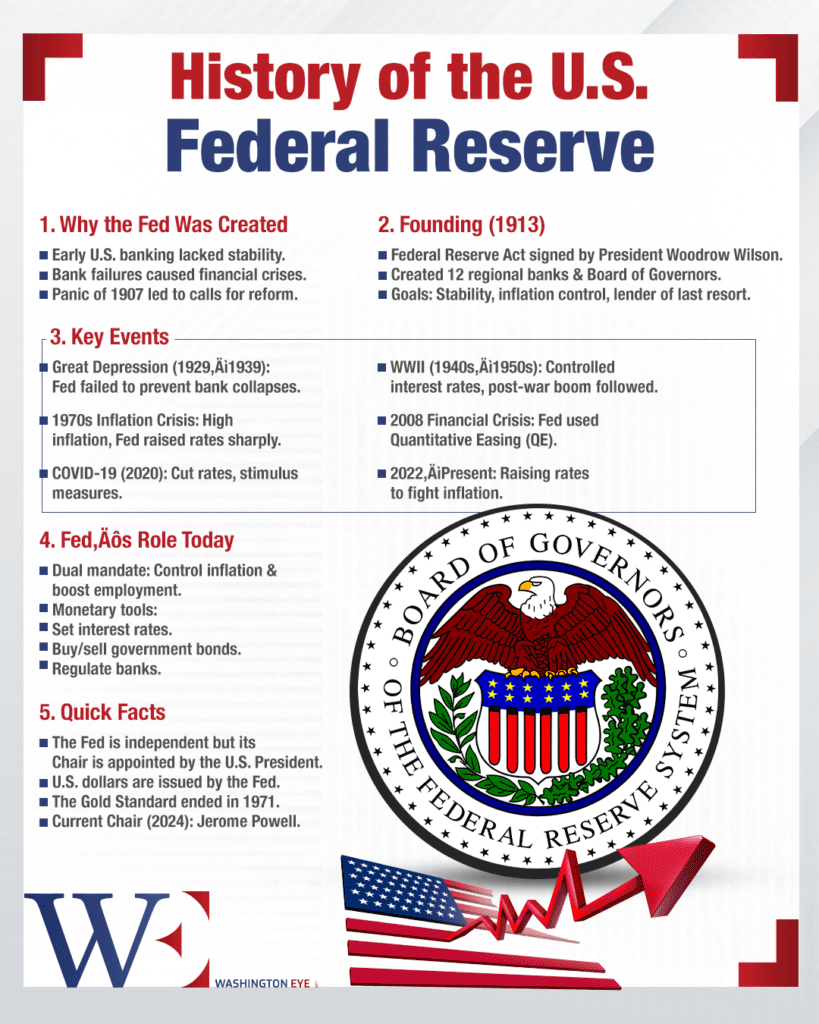John Harold Rogers, a 63-year-old former senior adviser at the Federal Reserve, has been indicted on charges of economic espionage. He is accused of sharing confidential U.S. financial information with individuals linked to China’s intelligence services.
Rogers, who worked at the Federal Reserve from 2010 to 2021, allegedly began transferring sensitive data in 2018, including proprietary economic analyses, Federal Open Market Committee deliberations, and internal discussions about U.S. tariffs on China.
How the Information Was Transferred
According to the indictment, Rogers emailed the sensitive information to his personal account before traveling to China. While in China, he reportedly met with individuals posing as graduate students in hotel rooms to pass along this data.
Prosecutors allege that Rogers used his position as a visiting professor at a Chinese university as a cover for these exchanges.
Financial Compensation and False Statements
In return for his actions, Rogers allegedly received approximately $450,000 in 2023 from his part-time teaching role at the Chinese university. Authorities also claim he made false statements to the Federal Reserve’s Office of Inspector General, obstructing their investigation into the matter.
National Security Implications
FBI Assistant Director Kevin Vorndran from the Counterintelligence Division emphasized the seriousness of the charges, stating that Rogers’ actions could have granted China a strategic economic advantage, similar to insider trading.
If convicted, Rogers faces severe penalties, including conspiracy to commit economic espionage and making false statements.
Rogers’ Response and Legal Proceedings
Rogers has denied the allegations through his attorney and intends to contest them in court. The case is expected to unfold with high scrutiny, given its implications for U.S. financial security and international relations.
Final Remarks
As the case unfolds, it will serve as a critical test of the government’s ability to combat foreign intelligence efforts targeting sensitive economic data. The outcome could have significant implications for how institutions like the Federal Reserve safeguard their information against future breaches.













